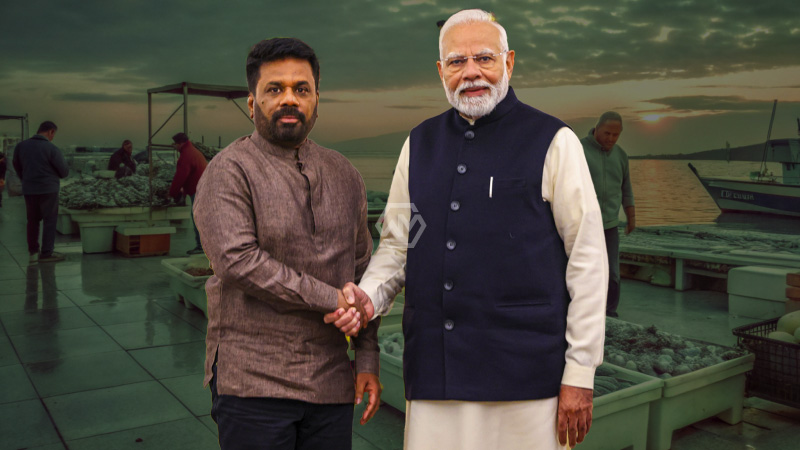- PM Modi will raise concerns about Indian fishermen’s safety and welfare during his visit to Sri Lanka.
- India stresses avoiding the use of force and resolving issues through diplomatic dialogue.
- The 1974 Katchatheevu agreement remains a political flashpoint in India-Sri Lanka relations.
PM Narendra Modi’s upcoming visit to Sri Lanka from April 4-6 will focus on several key issues, including the safety and welfare of Indian fishermen. Over the years, frequent arrests and occasional fatalities have heightened tensions, making it a critical topic in India-Sri Lanka discussions.
The fishermen issue traces back to the 1974 maritime agreement, which defined territorial boundaries but continues to fuel disputes. With PM Modi linking Katchatheevu to national security and historical agreements, the matter has also gained political traction ahead of elections.
Modi’s Sri Lanka Visit: Addressing the Fishermen Crisis & Katchatheevu Dispute
PM Modi’s visit to Sri Lanka marks a significant diplomatic step in addressing the fishermen dispute, a long-standing concern affecting Tamil Nadu’s coastal communities. Sri Lanka’s enforcement of maritime boundaries often results in Indian fishermen being arrested or facing confrontations, prompting India to advocate for a humanitarian approach. The issue is not only economic but also deeply political, with opposition parties in India linking it to historical territorial concessions.
The 1974 agreement, which led to the transfer of Katchatheevu to Sri Lanka, remains a sensitive subject in Indian politics. While Sri Lanka maintains sovereignty over the island, Indian fishermen frequently enter disputed waters due to dwindling fish stocks. Recent diplomatic engagements, including joint working groups and high-level discussions, reflect both nations’ intent to find a lasting resolution.
New Delhi’s approach has consistently emphasized the protection of Indian fishermen, advocating for their early release and repatriation when detained. Indian authorities work closely with Sri Lanka to provide legal and medical aid to those arrested. Modi’s direct involvement in discussions with President Dissanayake signals India’s intent to push for a more structured and long-term solution.
Additionally, the issue underscores the broader complexities in India-Sri Lanka relations. While both countries share deep historical and economic ties, maritime disputes continue to be a friction point. Strengthening bilateral agreements and cooperation on fisheries management could pave the way for a sustainable resolution.
PM Modi’s discussions with the Sri Lankan president present an opportunity to address the humanitarian and diplomatic aspects of the fishermen crisis. A mutually beneficial resolution could strengthen bilateral ties and offer relief to affected communities.
“Diplomacy is the art of letting someone else have your way.” – Daniele Vare



